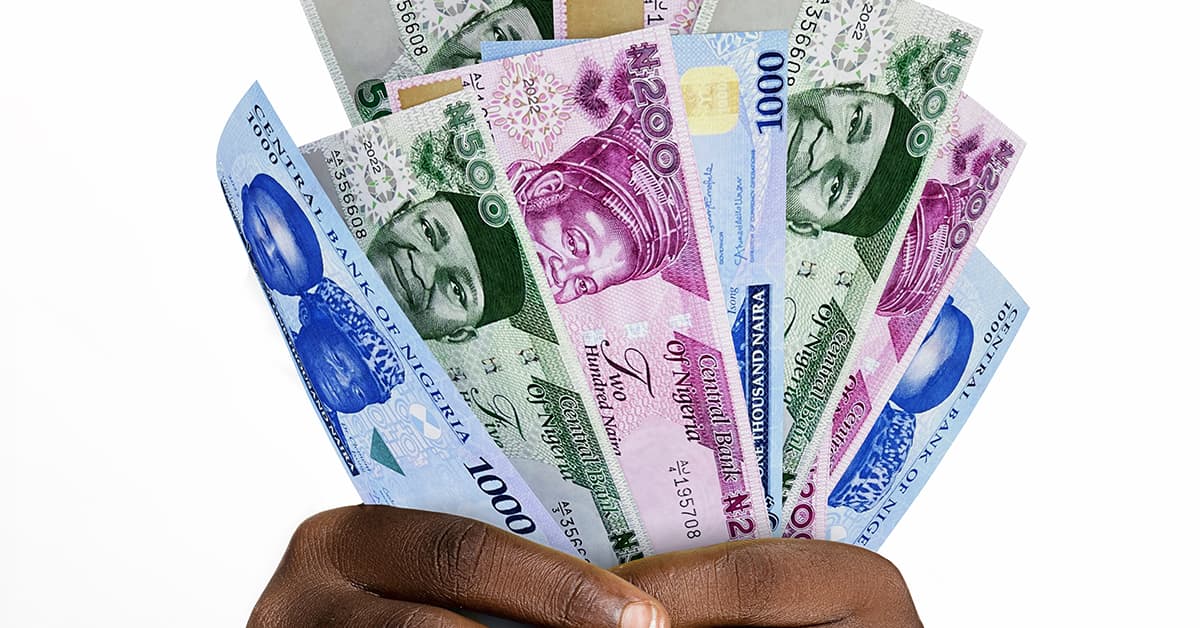Swapping out old currency notes for new ones has sparked protests and economic instability in Nigeria.

Efforts by the Central Bank of Nigeria (CBN) to withdraw old notes and drive citizens towards digital forms of payment has led to a cash crunch and social discontent, and now threatens the country’s macroeconomic stability. The Central Bank initially mandated the return of old 1,000-, 500- and 200-naira paper notes by January 31, but did not issue enough new notes to match the turn-ins, and was forced to postpone the deadline after protests broke out.
“It’s like doing a medical procedure without anesthesia,” says Dr. Austin Nweze, who teaches economics at Lagos Business School, Pan-Atlantic University. “That’s what they have done to Nigerians.”
The central bank had said previously that about 83% of the money in circulation was outside the banking system. Officials say the effort is meant to promote price stability, financial inclusion and a cashless economy, while curbing money-laundering. Others believe it was intended to curb vote buying in the election on February 25, and that the central bank is restricting the release of the new notes until after voting closes.
The scarcity of both the new and old naira currency notes sparked frustration and protests by angry bank customers who could not access their money. Commerce stalled. People in rural areas resorted to barter. Frustrated customers attacked banks, torching their buildings and other facilities, including ATMs.
The protests forced the CBN to backtrack, allowing the N200 note to go back into circulation until April 10. However, President Muhammadu Buhari subsequently announced the N500 and N1,000 notes have ceased to be legal tender.
Now, the failed note-swap has put the overall economy at risk and the prolonged cash squeeze could lead to stagnation. “The cash scarcity associated with the currency redesign policy will likely motivate a slowdown in economic growth,” comments an analysis by the think tank Nigerian Economic Summit Group. “Many productive activities have been halted due to the inability to access cash.”
All these happened before a presidential election scheduled for February 25. “After the elections, we will know whether the policy was politically motivated or not,” says Nweze. He predicts the economy may continue “in this doldrum” until May 29, when a new government is expected to assume office.



